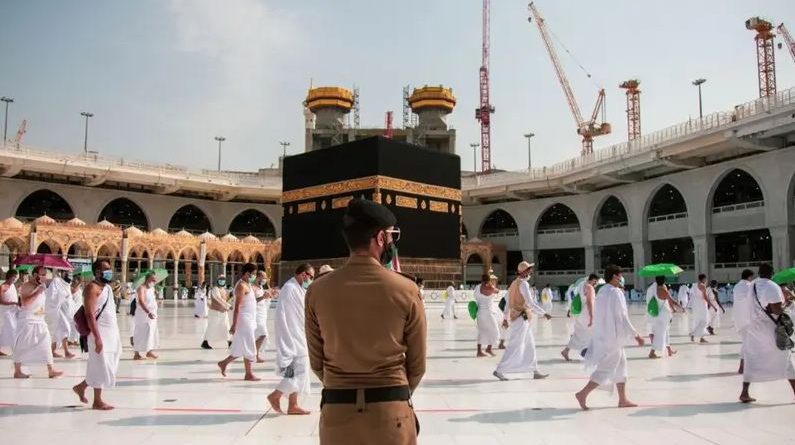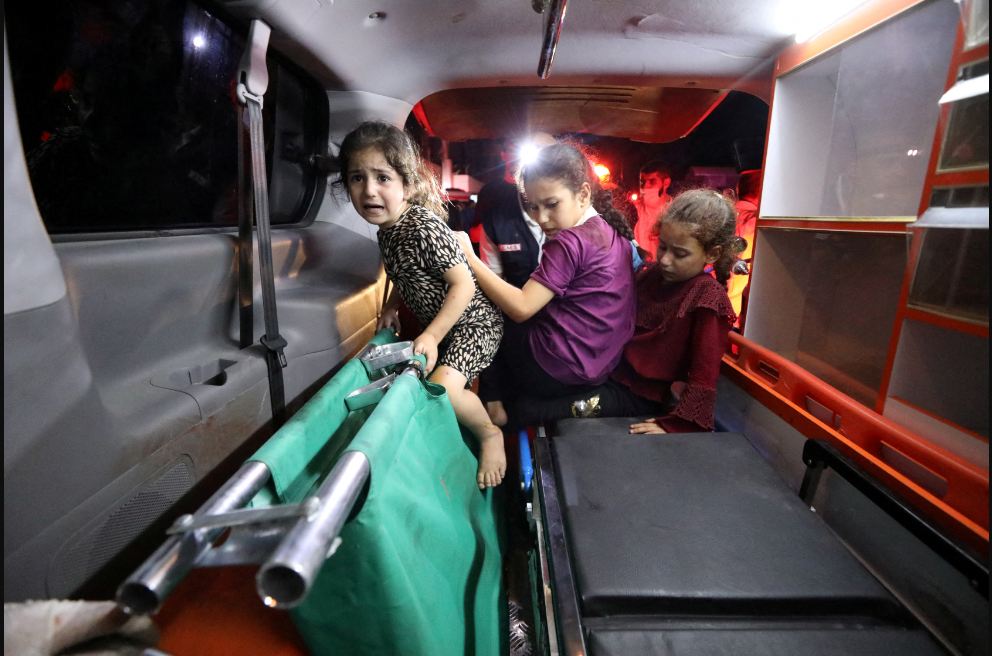Umrah crowd control: How do Saudi authorities ensure pilgrim safety?
Hundreds of thousands of Muslims from all over the world have rushed to Mecca for the pilgrimage since Saudi Arabia removed the limit on the number of pilgrims permitted to undertake Umrah at one time.
To guarantee that visitors to the holy sites are always safe, the authorities have implemented numerous policies and programmes.
Designated individuals
A specialised group of people manages the Umrah crowds around the holy places.
Moving through the dense crowds of people during the tawaf, when Muslims round the Kaaba, might be difficult for some.
The cops who are stationed there are trained to control crowds and provide orderly direction.
The Umrah security forces will implement the Ministry of Interior plan to manage and arrange crowds, control traffic, offer humanitarian assistance, and train people on the ground, according to the Kingdom’s Director of Public Security Lieutenant General Mohammed bin Abdullah al-Bassami.
At a news conference earlier this week, Major General Hammoud bin Suleiman al-Faraj, Director-General of Civil Defense, informed the media that all teams are equipped to deal with the heavy influx of worshippers, particularly during Ramadan.
In order to assure readiness, fire prevention, and protection, particularly in places that see high density, the General Directorate of Civil Defense has finished its preparations in all sites frequently visited by pilgrims and tourists, he said.
Al-Faraj noted that the Civil Defense has worked with the authorities to take legal action by enforcing rules and preventing infractions.
Utilising AI technology
Al-Bassami declared in March that the Kingdom would create AI algorithms to aid in crowd control and expedite services for pilgrims travelling to the holy places.
AI will be used by local staff to offer visitors the best services possible.
Al-Bassami claims that recently implemented AI technologies in and around the mosques have been assisting in managing crowds as they enter and exit thanks to quicker decision-making, while ensuring that there is never more than the appropriate number of people present anywhere around the sites at any given time.
He continued by saying that any crowd-related emergencies are instantly handled as a result of these technology.
Preserving children
The Great Mosque saw a surge of kids travelling with their families on Umrah during the holy month of Ramadan.
The Agency for Women’s Social, Volunteer and Humanitarian Services started a programme to provide every child a bracelet with their personal information on it in case they become misplaced as a preventative step.
To make sure that the child is returned to their family members if they get lost in the throngs, the bracelet includes the child’s name, data, and the contact information of the accompanying adult.



